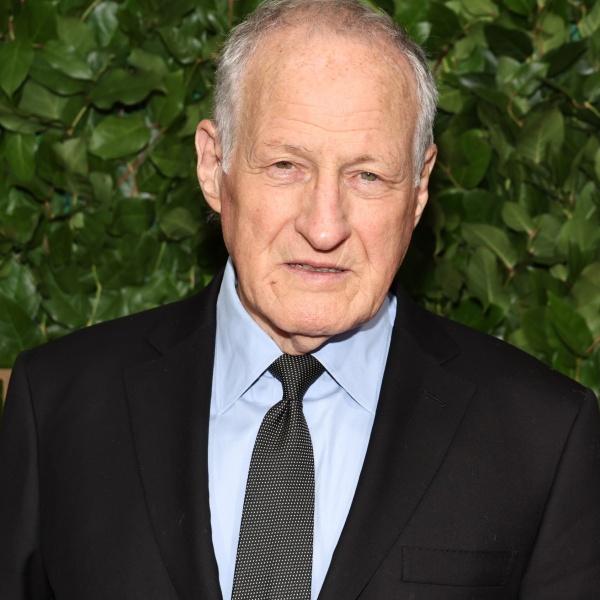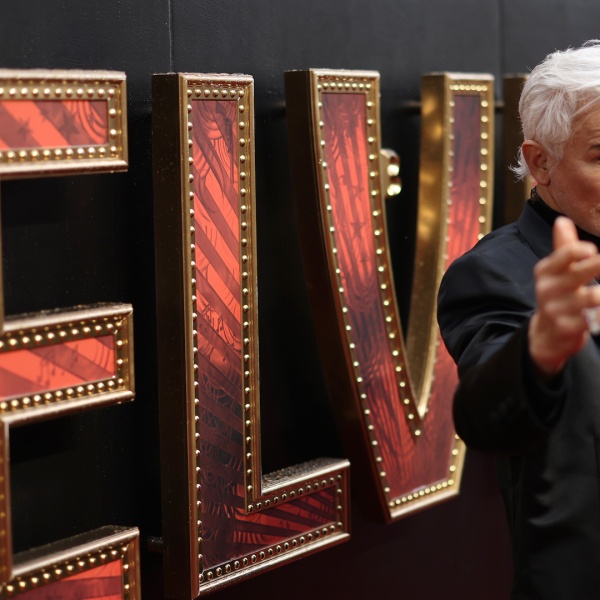
Yes, there is another movie that “Friends with Benefits,” the new R-rated rom-com starring Justin Timberlake and Mila Kunis, closely resembles. As seemingly endless articles, rants, and cleverly edited YouTube videos can attest, both the plot (about a pair of young, emotionally distant urban professionals looking for physical satisfaction over romantic completion) is strikingly similar to Ivan Reitman‘s lame duck comedy “No Strings Attached” (which opened earlier this year and, like ‘Friends,’ even sports a “Black Swan” ballerina in Natalie Portman). But in a weird way “Friends with Benefits” is reminiscent of another, entirely different movie – Wes Craven‘s “Scream.”
Early in the movie, the two ridiculously handsome leads are sitting on a couch, watching a sappy movie-within-a-movie (starring Jason Segel and Rashida Jones). They snappily pick it apart – the dramatic musical score meant to signal emotional reactions in the audience; the audacious Los Angeles-for-New York filming; even the phony uplift of layering a peppy pop song over the closing credits – and it’s smart, barbed stuff. For a while, at least, the movie seems to set out accomplishing was the original “Scream” did – send up the genre through deconstruction (while dutifully paying homage) and create something new. It’s just that, when all is said and done, “Friends with Benefits,” while far from being the forgettable mush that “No Strings Attached” was, ends up playing into the same clichés and stereotypes that the movies it’s trying to send up established.

The movie begins cleverly enough, with director Will Gluck (of “Easy A” fame), crosscutting between a pair of doomed romances. In L.A., Justin Timberlake’s graphic designer is running hopelessly late for a date with his fiery girlfriend (Emma Stone) at a John Mayer concert, with his tardiness causing them to miss the singer’s signature tune “Your Body Is a Wonderland” (Stone’s outrage is priceless). In New York, Mila Kunis, as a feisty headhunter, waits patiently for her drippy boyfriend (Andy Samberg) to meet her for a revival screening of romantic comedy hallmark “Pretty Woman.” Both interactions end in disaster – Kunis is dumped by Samberg (partially because “her eyes are really big”), while Stone cuts the cord with Timberlake due to his insensitivity and chronic workaholic tendencies.
Jump forward a few months and Kunis is aggressively courting Timberlake for a position at GQ and succeeds in getting him to fly out to New York. In her quest to secure him in the position, she takes him out to see the sights, and not the “touristy bullshit” – stuff like witnessing a flash mob or staring at the stars from the roof of a skyscraper. It’s cutesy, get-to-know you basics, but unlike “No Strings Attached” — in which Portman seemed to be less in love with her co-star Ashton Kutcher, more than she was interested in closely studying him for further anthropologic study — Timberlake and Kunis have real, instantly identifiable chemistry.
After he takes the job and agrees to move to big bad New York City (after expressing fears that he would “shit the bed”), he and Kunis strike up a friendship. He comes over for one of her parties (you can tell this is a Sony movie because instead of playing Wii they all rock the Playstation Move – viva synergy!) and soon enough they’re hanging out solo and engaging in the aforementioned film theory. They decide to become “friends with benefits” – i.e. they’ll only have sex without any of the messy emotions.
For a while the movie hums along – there’s a fairly funny montage of the couple getting it on, directing each other on their desired sexual positions, etc. – but that can only go on for so long and Gluck and his co-writers Keith A. and David Merryman aren’t content in having the movie simply be an affably goofy lark. So for the final act of the film, which is primarily about the prioritization of pleasure over complicated drama, some huge missteps occur and throw out the delicate tonal balancing act that a movie like this really needs to keep its eye on.
Primarily, there’s Richard Jenkins. He’s dynamite in whatever he does – whether or not he’s the serial killer under the thrall of a prepubescent vampire in “Let Me In” or even the sketchy wingman in “Hall Pass” – but here he’s saddled with a character that has been noticeably absent from the trailers and TV spots, playing Justin Timberlake’s father, who is terminally ill with Alzheimer’s. The whole scenario plays like a sitcom’s “very special episode” that no one really wanted. Kunis, too, is given emotional baggage courtesy of her hippie dippy mother played by Patricia Clarkson, who actually utters the phrase “twat block.”
So the zingy comedy becomes messily maudlin, and stuff meant to be gingerly heart-tugging, like when Jenkins makes a scene at a restaurant, is butted up against jokes about Scientology (weird, since noted Hubbard disciple Jenna Elfman is in the cast), Timberlake’s poor math skills, and Woody Harrelson as a pervy homosexual GQ sports writer. The delicate balancing act between comedy and drama, and between entry in the genre and genuine subversion, crumble entirely and “Friends with Benefits,” more and more, looks like what it set up to undo.
The final act, in particular, makes clear that the film will never ascend its station in the romantic comedy ghetto – it’s overlong, features misunderstandings and a hyperbolic reconciliation, and its resolution seems flimsily unsound. Despite its R-rating and stated desire to test the boundaries of the genre, the naughtiest stuff we see are butt cheeks. And one thing it does stick to is its lack of musical score (mocked in that earlier scene), which unfortunately leaves the sonic backbone of the movie to be comprised of sometimes poorly chosen modern pop songs. In the end, there are still some things to like about “Friends with Benefits,” particularly the numerous jokes about Kunis’ questionable ethnic heritage, but since it openly states it wishes to be more than just an average romantic comedy, when that’s all it ends up being, it feels like an even bigger disappointment. [C+]






